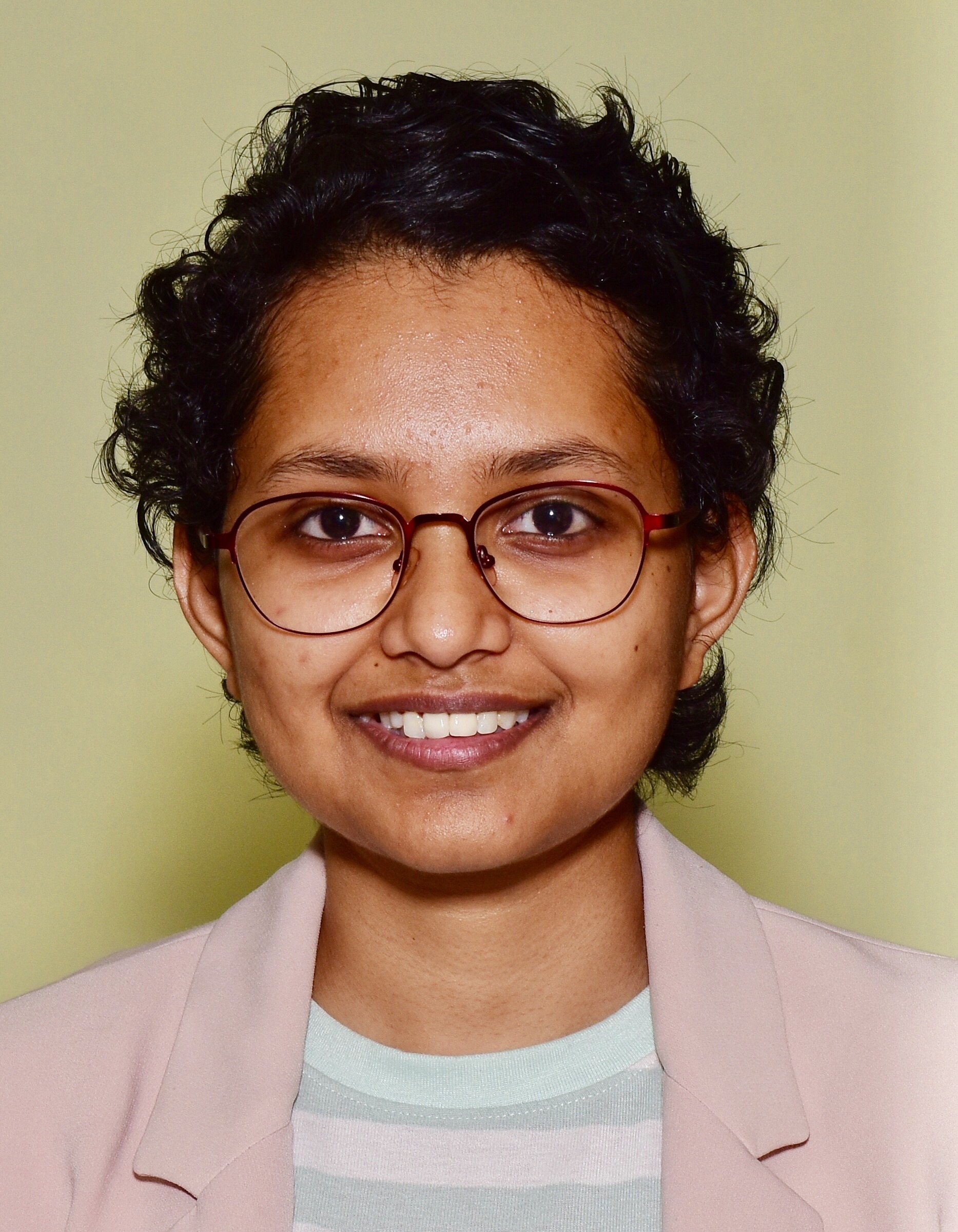Conflict Alerts # 426, 25 August 2021
 Sourina Bej
Sourina Bej In the news
On 23 August, Ukraine held an international summit focusing on the Russian occupation of Crimea. The Ukrainian President Volodymyr Zelenskiy created the Crimean Platform and, in his inaugural speech, said: "Ukrainian Crimea was a guarantee of regional stability. Now it is a powder keg." The event drew leaders from more than 40 countries, and they adopted a joint resolution on "peacefully ending the Russian Federation's temporary occupation" of Crimea. The European Council President Charles Michel said: "Brussels would never recognize Crimea as part of Russia." "This flagrant violation of international law is still on the international agenda," said Latvian President Egils Levits in support of Ukraine's call for the peaceful return of Crimea by Russia. The Kremlin spokesman Dmitry Peskov called the summit "extremely unfriendly" towards Russia and added, "the attitude is absolutely unambiguous. We treat it as an anti-Russian event."
Issues at large
First, seven years of Russian annexation of Crimea. Since the March 2014 annexation of Crimea, the region has undergone systemic integration by Russia. The residents have been issued Russian passports, and the Kremlin has spent around Euro 2.6 billion to construct a bridge connecting Crimea to the Russian mainland. Local residents and advocacy groups have reported harsh discrimination against the Crimean Tatar community, but the majority Crimean population remains ethno-linguistically closer to Russia. The presence of the Russian military in Crimea serves as a geo-peripheral base with a strategic depth for Kremlin.
Second, Russia's claims in Crimea. Putin clarified that he views the annexation of Crimea as non-negotiable. Crimea's historic, linguistic and cultural ties served as a justification for the annexation in 2014. The referendum results claimed more than 80 per cent of Ethnic Russian voted to be a part of Russia. 15 per cent of Crimean Tatars who opposed the annexation suffered systemic exclusion. The referendum was deemed illegitimate by most of the world's governments owing to the Russian military presence. Russia's claim over Crimea stems from its historicity, now, bolstered by Putin's article titled, 'On the Historical Unity of Russians and Ukrainians,' published on 12 July 2021. Putin conceptualized the geographical belonging of Crimea and Ukraine within the larger Russian nation-building process, drawing on Russians, Ukrainians, and Belarusians being descendants of Ancient Rus. The Malorussian cultural identity within the greater Russian nation forms one of the many identity constructs that have formalized Russia's stronghold in Crimea, along with the geopolitical moorings.
Third, Ukraine's response. On the domestic front, Zelenskiy's government has worked to demonstrate support for Crimea, which was designated as an autonomous zone under the Ukrainian Constitution. In March, the Ukrainian government had adopted a Strategy of Deoccupation and Reintegration of Crimea. It also passed a law granting Crimean Tatars special status as an indigenous community. The parliament repealed a law creating a "free economic zone" that critics said was used as a mechanism to bypass sanctions. Ukraine's support for the Tatars was also visible when the summit was not hosted in Russian, which is the native tongue of a majority of residents in the region. Language has become deeply politicized in the seven years of conflict between Russia and Ukraine. The conflict in the Donbas has also reached an impasse. Earlier in 2021, Putin had authorized a military build-up at the border, further pushing Ukraine's domestic policies concerning Crimea.
Fourth, responses by international actors. Post-2014, sanctions and international condemnation followed Russia's annexation. Yet little was done to formalize a peace process, for instance, the Normandy Format. The summit lacked West European leaders, Macron and Merkel. Moreover, the countries sent their second-tier ministers as representatives. Merkel, who is nearing the end of her fourth and final term as the Bundeskanzlerin, visited Putin in Moscow last week. Germany clarified that its top priority is securing an agreement to guarantee Ukraine five more years of natural gas transit revenues from Russia.
In perspective
The summit and the lukewarm response from the West highlight the deep-rooted divide within Europe over the conflicts in the Balkans. The Black Sea peninsula remains a region of resource interest. The political/geopolitical divide between the Eastern and Western periphery leads to little Balkan interest. Looking through the Russian lens at the Balkans, the ethnolinguistic conflict remains subsumed in the larger geostrategic milieu. What the summit fails to ponder is the need for charting a Balkan dialogue/diplomacy independent of either the Russian tilt or support from Western Europe.